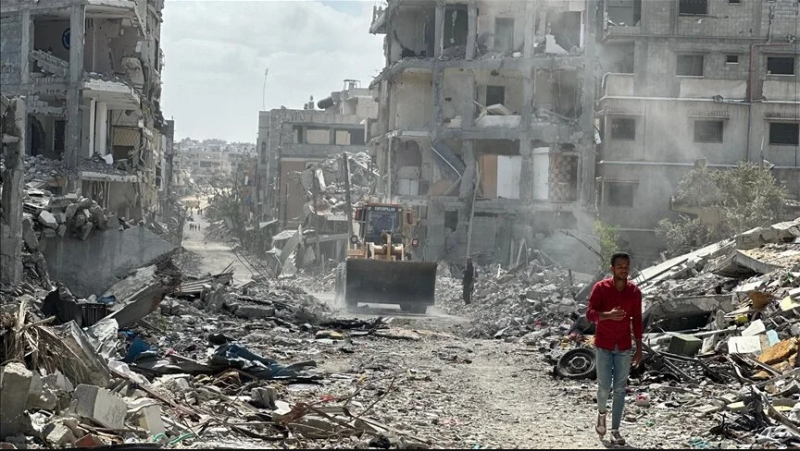Sadia Mustafa
From Stigma to Acceptance: Normalcy of Psychiatric Check-Ins
Whenever a taboo is broken, something good happens, something vitalizing- Henry Miller.
The historical persistence of the stigma associated with mental health is attributed to societal, cultural, and religious views. People with mental diseases were stereotyped as weak or morally lacking, and mental illnesses were frequently misunderstood. People were discouraged from talking freely about their mental health issues and from getting professional treatment because of this attitude. Psychiatric check-ins were therefore suspicious, which served to confirm the notion that only the “mentally ill” needed these treatments.
Notably, Pakistan has one of the lowest global mental health indexes while having a population of almost 220 million. The World Health Organization estimates that more than 30 million individuals in the nation struggle with mental illnesses. There is a significant shortage of mental health care in Pakistan, where the total number of psychiatrists is thought to be less than 500. Over 80% of persons with common mental health illnesses go untreated due to a lack of mental health experts. There is also no political will and no proper mental health policy in Pakistan. All this adversely affects the integration of care delivered by government healthcare professionals for patients with mental illnesses. Major mental disorders in Pakistan are depression (6%), schizophrenia (1.5%), and epilepsy (1-2%). Lahore has the highest number of depressives, which is 53.4%, as compared to Quetta (43.9%) and Karachi (35.7%).
Our society is genuinely conservative and old-fashioned. People ridicule, tease, and remain distant from a person who even tries to go to the psychiatrist instead of being helpful, empathetic, and kind to that person. Lack of empathy is another cause that inhibits a person from seeing a psychiatrist.
Negative attitudes towards mental health in different cultures, known as cultural stigma, is the influence of cultural norms and values on people’s stigmatized beliefs. Destigmatizing mental health is a complex process that involves challenging preconceived notions, fostering empathy, and promoting open conversations. Routine psychiatric check-ins serve as a powerful tool in this destigmatization process. When individuals openly discuss their mental health check-ins, it sends a message that seeking professional support is a normal and responsible choice, devoid of judgment. This collective openness contributes to reshaping societal attitudes and dismantling the barriers that have historically prevented individuals from prioritizing their mental health. The normalization of mental health check-ins is greatly influenced by education. By including mental health education in public awareness campaigns, workplace training programs, and school curricula, society may equip people with the information and skills necessary to make decisions regarding their mental health.
In addition to debunking misconceptions, education fosters a feeling of community duty to assist one another on their paths toward mental wellness. One of the key elements in the journey from stigma to acceptance is the normalization of routine psychiatric check-ins. These check-ins are akin to regular physical check-ups, emphasizing the holistic nature of health. When individuals incorporate mental health into their overall well-being, it becomes a routine aspect of self-care rather than a reactive response to a crisis. This shift in perspective encourages individuals to seek professional support as part of a proactive strategy to maintain good mental health. Governments and healthcare organizations should work together to put policies that promote mental health into effect. Incorporating mental health examinations into regular medical procedures, funding mental health services, and ensuring insurance covers mental health treatments are all part of this.
Policy changes greatly aid the establishment of a supportive framework for regular mental check-ins. Rewarding and praising those candidly discussing the benefits of regular psychiatric check-ins can be potent testimonies. Personal accounts may make The path more relevant and humanized, inspiring people to prioritize their mental health without worrying about being judged. A shift in one’s mindset would help the cause.
Overcoming mental health issues requires a multifaceted approach that prioritizes self-care, professional help, and building a strong support system. Firstly, prioritizing healthy habits like regular exercise, balanced meals, and sufficient sleep creates a foundation for emotional well-being. Additionally, relaxation techniques such as meditation, yoga, or deep breathing can effectively manage stress and anxiety. Seeking professional help from therapists, counselors, or psychiatrists is crucial, as they can provide personalized treatment plans, including therapy, medication, or a combination of both. Building a strong support system of friends, family members, or even online communities who offer empathy and understanding is vital. Talking openly about your struggles can be incredibly cathartic and reduce feelings of isolation. Remember, recovery is a journey, not a destination. There will be setbacks, but with consistent effort, self-compassion, and the right support system, you can manage your mental health and live a fulfilling life.
Lastly, Pakistan’s youth, facing a unique set of pressures, can combat mental health issues by building resilience through a combination of individual efforts, societal changes, and increased access to resources. On an individual level, mindfulness practices like meditation and deep breathing can be powerful tools for managing stress and anxiety. Regular exercise and a balanced diet are also crucial for promoting overall well-being. However, individual efforts need to be met with societal changes. Open conversations about mental health and dismantling the stigma surrounding it are essential. Educational institutions can play a vital role by integrating mental health awareness programs into their curriculum and providing access to counselors. Additionally, creating safe spaces for young people to express themselves freely and fostering a culture of empathy and support within communities is crucial. Finally, increasing access to affordable mental health services, including therapists and online resources, will ensure that professional help is readily available for those who need it most. By adopting a multi-pronged approach that combines individual responsibility with societal support and improved access to resources, Pakistan’s youth can build the resilience they need to navigate the challenges of today’s world and thrive.
Please, subscribe to the YouTube channel of republicpolicy.com
















